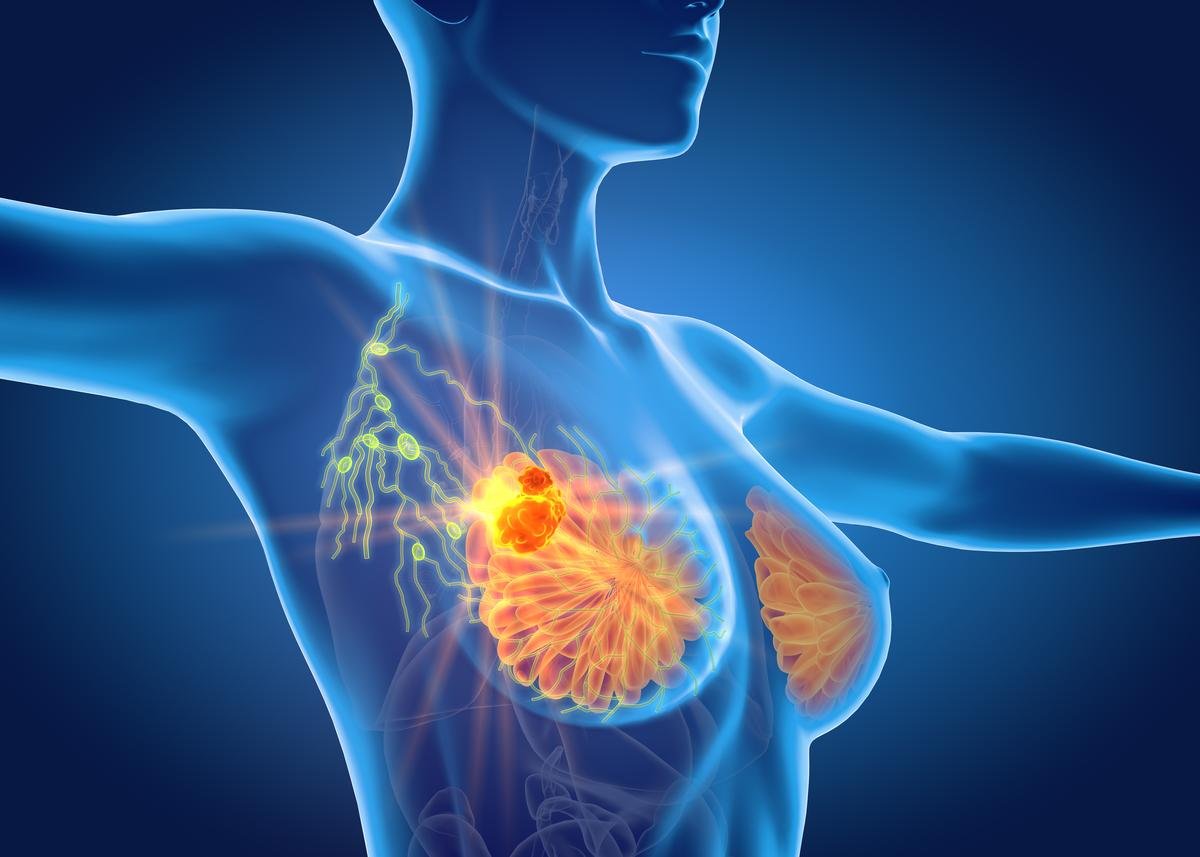Omission noninferior to sentinel-lymph-node biopsy for clinically node-negative early-stage invasive breast cancer
By Elana Gotkine HealthDay Reporter
FRIDAY, Dec. 13, 2024 (HealthDay News) — Omission of surgical axillary staging is noninferior to sentinel-lymph-node biopsy for patients with clinically node-negative, T1 or T2 invasive breast cancer, according to a study published online Dec. 12 in the New England Journal of Medicine to coincide with the annual San Antonio Breast Cancer Symposium, held from Dec. 10 to 13 in San Antonio.
Toralf Reimer, Ph.D., from the University of Rostock in Germany, and colleagues conducted a prospective, randomized, noninferiority trial to examine omission of axillary surgery compared with sentinel-lymph-node biopsy in patients with clinically node-negative breast cancer (stages T1 or T2) who were scheduled to undergo breast-conserving surgery. The primary efficacy outcome was per-protocol analysis of invasive disease-free survival. The five-year invasive disease-free survival rate had to be at least 85 percent to show noninferiority, and the upper limit of the confidence interval for the hazard ratio for invasive disease or death had to be below 1.271.
A total of 5,502 eligible patients were randomly assigned in a 1:4 ratio. The per-protocol population comprised 4,858 patients: 962 were assigned to undergo treatment without axillary surgery (surgery-omission group) and 3,896 were assigned to sentinel-lymph-node biopsy (surgery group). Patients were followed for a median of 73.6 months. The researchers found that the estimated five-year invasive disease-free survival rate was 91.9 and 91.7 percent among patients in the surgery-omission and surgery groups, respectively (hazard ratio, 0.91; 95 percent confidence interval, 0.73 to 1.14), meeting noninferiority.
“The omission of axillary sentinel-lymph-node biopsy does not compromise survival in patients with early-stage, cN0 breast cancer who plan to undergo primary breast-conserving surgery,” the authors write.
Editorial (subscription or payment may be required)
Copyright © 2024 HealthDay. All rights reserved.








